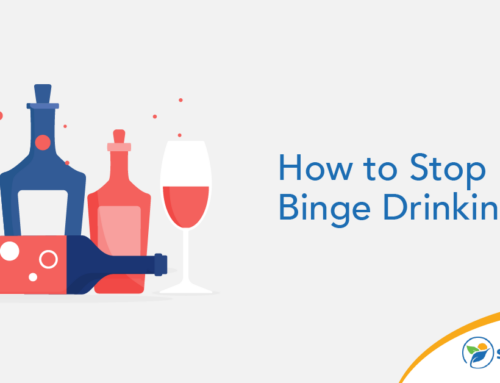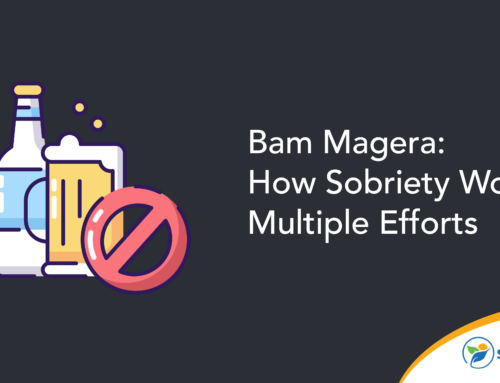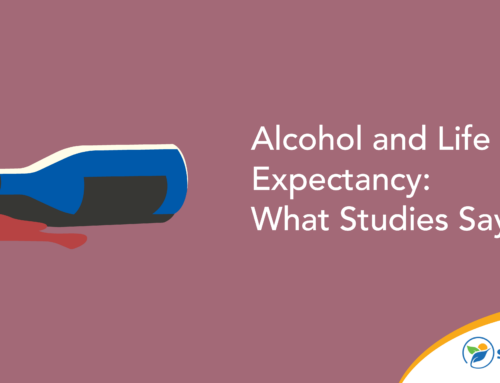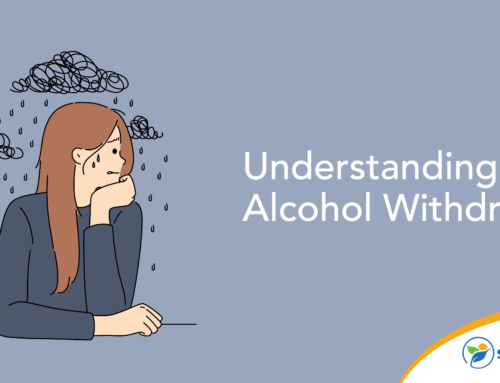Alcohol can seriously affect the body, and you’ve likely already experienced some negatives if you’ve drunk alcohol before. One night of drinking can lead to the following day being full of hangovers, nausea and tiredness. Going sober comes with challenges, and you may feel extreme fatigue following alcohol withdrawal.
It’s not uncommon to feel fatigued after alcohol detox. In fact, fatigue is one of the most common symptoms of alcohol withdrawal. If you’re wondering why you’re feeling so tired after quitting alcohol, there are a few possible explanations. Let’s look at why people feel tired after quitting alcohol and what you can do to combat fatigue.
The Effects of Quitting Alcohol on the Body
When you quit alcohol, your body starts to go through withdrawal. Alcohol withdrawal can cause a number of symptoms, including fatigue. The severity of your fatigue will depend on how much alcohol you were drinking and for how long.
If you’ve struggled with alcohol addiction, your body has likely become dependent on it. When you suddenly stop drinking, your body tries to adjust to the change. This can lead to fatigue and other symptoms like anxiety, irritability and insomnia. Going cold turkey from alcohol can be a challenging experience for many, as there’s a range of withdrawal symptoms that can be difficult to cope with, including:
- Fatigue
- Anxiety
- Irritability
- Insomnia
- Headaches
- Nausea
Depending on the severity of your addiction, it may be worth consulting with a doctor before going through detox, as they can offer help and support to make the process easier.
Why Alcohol Withdrawal Causes Fatigue
When you drink alcohol, it has a depressant effect on the central nervous system. This can lead to extreme tiredness and other symptoms like anxiety and insomnia. Quitting alcohol can have the opposite effect on the body, as the central nervous system is no longer suppressed. Those with an alcohol use disorder (AUD) may find that fatigue persists through withdrawal.
In 2019, a study found that 14.5 million Americans aged 12 and older struggled with alcohol use disorder. Men were more likely to struggle with alcohol overall, but in those between the ages of 12 and 17, it was more common among females.
It’s not just the physical fatigue that comes with quitting alcohol that can be difficult to cope with. There’s also the mental fatigue that can come with alcohol withdrawal. Alcohol use disorder can lead to changes in the brain.
As your body is working harder than it was before while you detox, it can cause feelings of fatigue. In addition, people who are trying to detox from alcohol may not be getting enough sleep. Alcohol can interfere with sleep patterns, and many people find they sleep better when they’re sober. But in the early stages of sobriety, it’s common to experience insomnia or disturbed sleep.
Dehydration is another possible cause of fatigue after alcohol detox. Alcohol is a diuretic that causes the body to lose fluids. When you’re trying to detox from alcohol, you may find yourself feeling thirstier than usual. It’s essential to stay hydrated during this time by drinking plenty of water and other fluids.
FAQ for Alcohol and Fatigue
If you or someone you know is feeling tired after quitting alcohol, it’s only a temporary symptom. With time, fatigue should start to improve by following a healthy lifestyle. Here are some answers to frequently asked questions about alcohol and fatigue:
Why Do I Feel Tired After Drinking for a Day?
There are a number of possible explanations. Fatigue is a common symptom of alcohol withdrawal, so if you’ve recently quit drinking, that could be why you’re feeling tired. Alcohol can also interfere with sleep patterns, so you may not be getting enough rest. Finally, dehydration can also cause fatigue, so make sure you’re staying hydrated by drinking plenty of water.
Will Fatigue After Alcohol Detox Go Away?
The fatigue you’re feeling after alcohol detox is likely due to withdrawal symptoms. These symptoms are usually temporary and will disappear as your body adjusts to sobriety. However, if you’re still feeling fatigued after a few weeks of sobriety, you should consult a doctor to rule out any other underlying causes.
Is It Debilitating to Feel Fatigue After Alcohol Withdrawal?
There’s no one-size-fits-all answer to this question. Some people may find fatigue a manageable symptom of alcohol withdrawal, while others may find it debilitating.
How to Manage Fatigue After Quitting Alcohol
If you’re feeling fatigued after quitting alcohol, there are a few things you can do to help manage your symptoms:
- Get plenty of rest: Alcohol can interfere with sleep patterns, so it’s important to get plenty of rest when trying to detox from alcohol. Aim for at least eight hours of sleep each night.
- Stay hydrated: Dehydration can cause fatigue, so make sure you’re drinking plenty of fluids. Water is always a good choice, but you can also drink fruit juices, vegetable juices and herbal teas.
- Eat a healthy diet: Eating a healthy diet will help your body to heal and recover from the effects of alcohol. Focus on eating plenty of fruits, vegetables and whole grains.
- Avoid caffeine: Caffeine can worsen fatigue, so it’s best to avoid it during detox. Caffeine is a stimulant, and stimulants can aggravate anxiety and cause panic attacks. They can also cause dehydration and interfere with sleep, which is essential for detox.
- Exercise: Exercising can help increase energy levels and improve sleep quality, which can help reduce fatigue. Exercise can also help improve your mood and boost your overall sense of well-being.
You don’t have to go through the detox process alone; plenty of resources and treatments are available to help you through this difficult time.
How Treatment Can Help
If you’re struggling to cope with fatigue, it’s essential to consult with a doctor or addiction specialist who can help you manage your symptoms and support you during the detox process. Fatigue is a common symptom of alcohol withdrawal, but it should start to improve within a few weeks of sobriety.
It’s not just the physical fatigue that comes with quitting alcohol that can be difficult to cope with. There’s also the mental fatigue that can come with alcohol withdrawal. Alcohol use disorder can lead to changes in the brain.
If you need help with alcohol addiction or if fatigue persists, contact Sunlight Recovery at (888) 402-3647 to speak to a treatment specialist today. We offer detox and residential alcohol abuse treatment programs that can help you achieve long-term sobriety.







